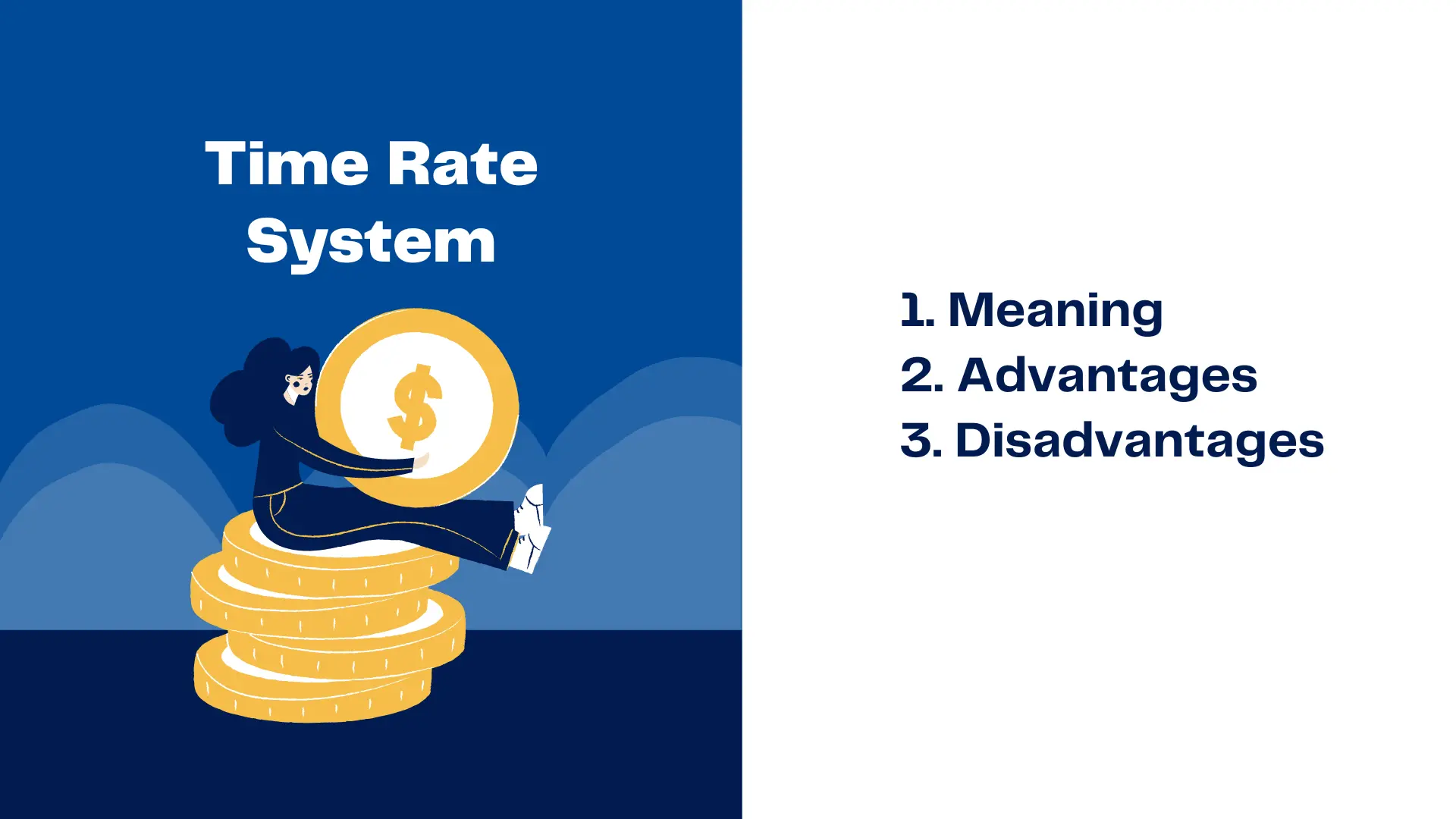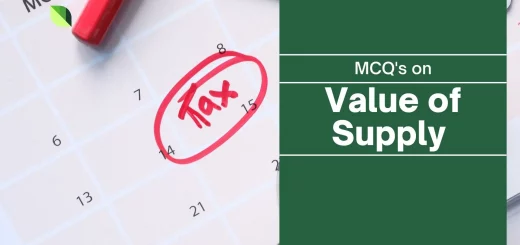Scope of Microeconomics – Nature and Meaning
Table of Contents
Scope of Microeconomics
Meaning of Microeconomics
Micro means a small part of a thing. Microeconomics thus deals with a small part of the national economy. It studies the economic actions and behaviour of individual units such as an individual consumer, individual producer or a firm, the price of a particular commodity or a factor, etc.
Definitions of Microeconomics
1) Maurice Dobb – “Microeconomics is in fact a microscopic study of the economy.”
2) Prof A. P. Lerner – “Microeconomics consists of looking at the economy through a microscope, as it were, to see how the millions of cells in the body of economy – the individuals or households as consumers and individuals or firms as producers play their part in the working of the whole economic organism.” The following chart gives an idea of the scope of microeconomics.
- Microeconomic Definition | Historical Review of Microeconomics
- Scope Or Nature of Microeconomics
- Exceptions of Law of Diminishing Marginal Utility
- Criticism of Law of Diminishing Marginal Utility
Scope of Microeconomics
Nature of Microeconomics

(a) Theory of Product Pricing :
The price of an individual commodity is determined by the market forces of demand and supply. Microeconomics is concerned with demand analysis i.e. individual consumer behaviour, and supply analysis i.e. individual producer behaviour.
(b) Theory of Factor Pricing :
In Microeconomics, land, labour, capital and entrepreneur are the factors that contribute to the production process. Microeconomics helps in determining the factor rewards for land, labour, capital, and entrepreneur in the form of rent, wages, interest, and profit respectively.
(c) Theory of Economic Welfare :
Theory of Welfare basically deals with efficiency in the allocation of resources. Efficiency in the allocation of resources is attained when it results in the maximization of satisfaction of the people. Economic efficiency involves three efficiencies :
• Efficiency in production: Efficiency in production means producing a maximum possible amount of goods and services from the given amount of resources.
• Efficiency in consumption: Efficiency in consumption means distribution of produced goods and services among the people for consumption in such a way as to maximize total satisfaction of the society.
• Overall economic efficiency: It means the production of those goods which are most desired by the people.
Microeconomic theory shows under what conditions these efficiencies are achieved.
Thus, the focus of microeconomics is mainly confined to price theory and resource allocation. It does not study the aggregates relating to the whole economy. This approach does not study national economic problems such as unemployment, poverty, inequality of income etc. Theory of growth, theory of business cycles, monetary and fiscal policies etc. are beyond the limits of microeconomics.


